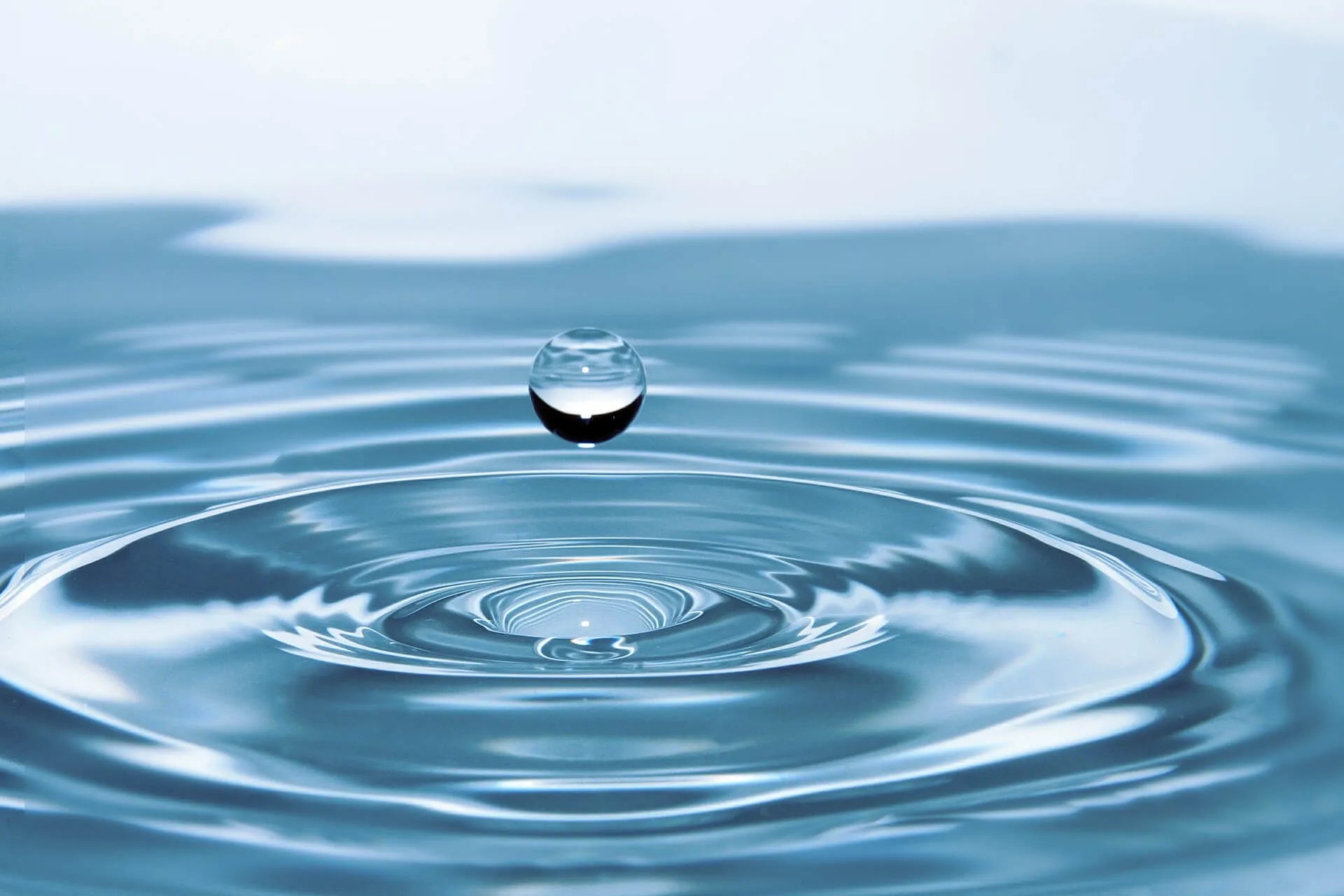Can the chemicals and contaminants in tap water - such as chlorine or fluoride - cause allergy symptoms in some people?
For allergy sufferers who wish to consider very carefully what their body comes into contact with, a "free from" lifestyle is absolutely essential. There are a whole host of day-to-day considerations that aren't just limited to food, either: latex, dust mites and other chemicals can prove a challenge.
This makes "free from" more than a choice for those managing an allergy; it makes it crucial for daily living.
So, what evidence is there that irritants could be found in drinking water? They may not necessarily be identified as allergens, but can you have an allergy to drinking tap water? Here's the evidence.
Chlorine allergy symptoms and drinking water: Eczema and asthma
Can tap water potentially aggravate asthma and eczema?
When water is pumped from wells or reservoirs to a purification plant, it undergoes a number of treatment steps. One of these is the introduction of chlorine, used as a disinfectant to remove harmful bacteria and keep the water clean on its journey to our taps.
Asthma, eczema and dermatitis are frequently linked to allergies and, of course, can often be triggered by an allergic reaction. For some people, chlorine can aggravate and worsen asthma and eczema symptoms - despite not actually being classed as an allergen (simply an irritant). How so?
Asthma & chlorine
For asthma sufferers, chlorine can pose a problem. Chlorine has been linked to respiratory issues, with exposure through swimming pools, cleaning products and tap water having the potential to irritate and sensitise the lining of the respiratory tract.
A few years ago, there was a study "implicating pool chlorine in the rise of childhood asthma". It's important to note that this was related to swimming pools, and Asthma UK has called for more research on this link, although there is abundant anecdotal evidence of chlorine in tap water acting as an irritant.
Eczema & chlorine
Likewise, anyone who suffers from eczema or contact dermatitis will be well aware that chemicals and detergents, in particular, can play a huge part in worsening the condition.
If you suffer from eczema and have trouble with moisture-parched skin, exposure to chlorine can be problematic. Chlorine, being an irritant, can have a real impact on skin conditions.
While references are often made to chlorine "allergies", it is still medically identified as a skin irritant, unpleasant nonetheless.
Hard water and eczema
Hard water is characterised by higher levels of magnesium and calcium, and it's been found that this "hardness" can also contribute towards developing and worsening eczema symptoms.
Researchers at the University of Sheffield and King's College London discovered that exposure to "hard" tap water can damage the skin, and "increase the sensitivity of the skin to potential irritants".
Fluoride allergy symptoms and drinking water
Fluoride is another chemical often used to treat tap water. Over time, fluoride has been added to municipal drinking supplies across the world to boost dental protection.
However, critics cite a number of health concerns in arguing for the practice to be stopped. In the UK, there have been no new artificially-fluoridated water schemes approved in the last 20 years due to concerns over dental and skeletal fluorosis - discolouration and damage to teeth and bones. There's also a concern that fluoride can prompt allergy symptoms in some people.
Like chlorine, fluoride is classified as an irritant rather than an allergen. That said, there is evidence that fluoride can prompt an allergic reaction in some people.
For those who are sensitive to the chemical, reported effects include inflammation of the mouth and skin, hives, contact dermatitis and respiratory irritation. These are called hypersensitive reactions.
Therefore, if you are consuming tap water with a high fluoridation level, you may be prone to experiencing these symptoms if you are sensitive.
Can you have a drinking water allergy?
It's not the tap water causing the allergic reaction; it's the contaminants in the tap water.
If you think you're having tap water allergy symptoms, it's usually down to the chlorine or fluoride content in the water coming out of your tap. Chlorine and fluoride are classified as irritants, and sufficient exposure can lead to sensitivities in those who are susceptible - people dealing with allergies, asthma and eczema.
Levels of chlorination and fluoridation can vary drastically from region to region in the UK; you might find you have problems at a friend or relative's house, but the problem at your house is not as severe.
Choosing to filter your tap water - in doing so, drastically reducing the volume of chlorine and fluoride - can provide a valuable, feasible solution.
Can water filters help with allergies?
The answer - yes. If you have a reaction to chlorine, fluoride or any other chemical contaminant in tap water, a water filter can strip out the vast, vast volume of these.
Take control with Doulton
The use of chlorine as a disinfectant is particularly widespread and established, while fluoride use is regional and subject to ongoing opposition. That said, the choice of which chemicals come into contact with our bodies should be ours - and ours alone.
If you're on the lookout for a water filter for your chlorine allergy or sensitivity, or a water filter for a fluoride allergy, explore Doulton's range of water filtration products.
Doulton's water filters incorporate cutting-edge ceramic technology, reducing chemical contamination in tap water whilst retaining the healthy, positive minerals. Usually, you run the risk of "empty water" when filtering your water with certain filtration methods (meaning "good" minerals are stripped out with the bad); not so with ceramic filtration.
With a wide choice of filtration candles available, filters can be tailored to target specific concerns, including fluoride.
So, why not have clean, great tasting water on tap - and alleviate your allergy symptoms? If you're looking to expand your "free from" lifestyle, find out which Doulton filter candle is perfect for you and your family.






